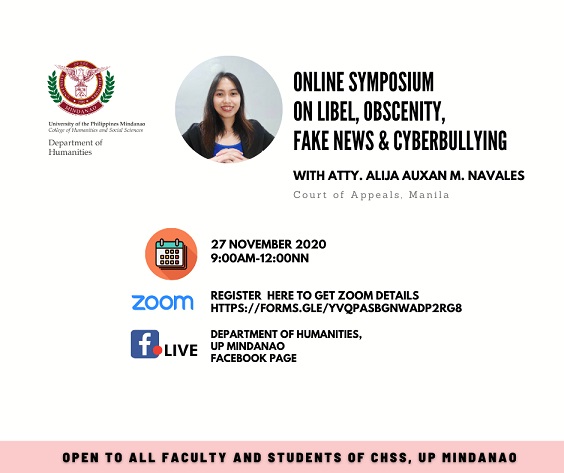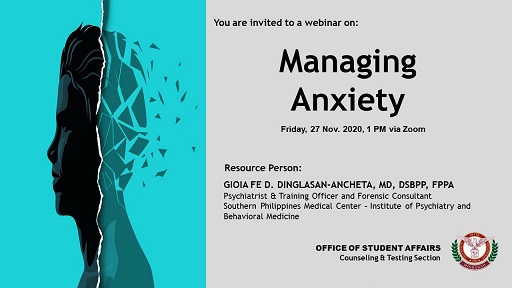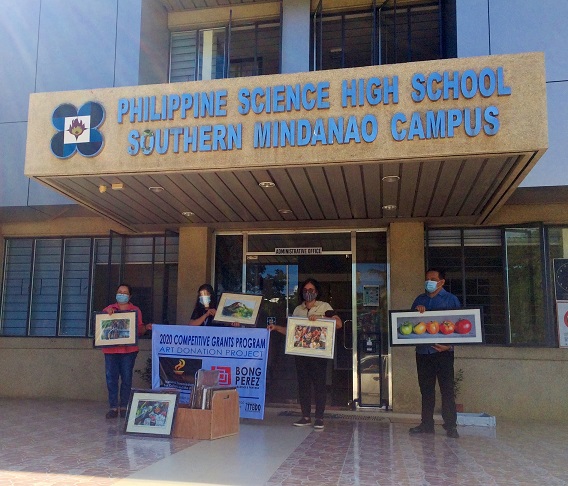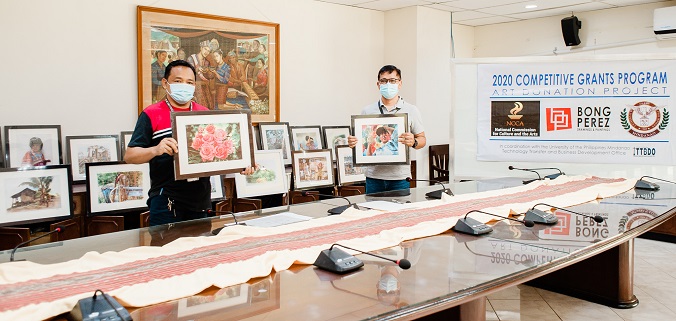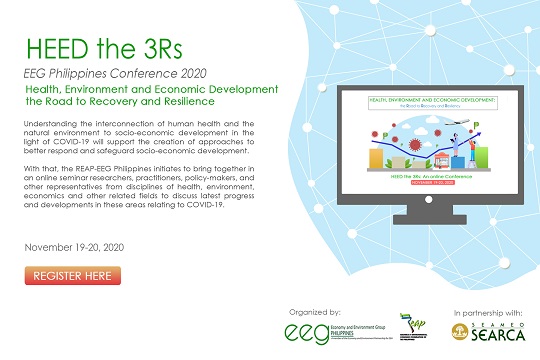By Jo. Florendo B. Lontoc, UP Media and Public Relations Office
The University of the Philippines placed 69th among the top 634 higher educational institutions (HEIs) of Asia in the latest rankings released by Quacquarelli Symonds (QS).
The QS Asia University Rankings 2021 [https://www.topuniversities.com/university-rankings/asian-university-rankings/2021], where UP placed three ranks higher than in the previous year’s edition and emerged among the top 11 percent of Asian HEIs, was released today, November 25, 2020.
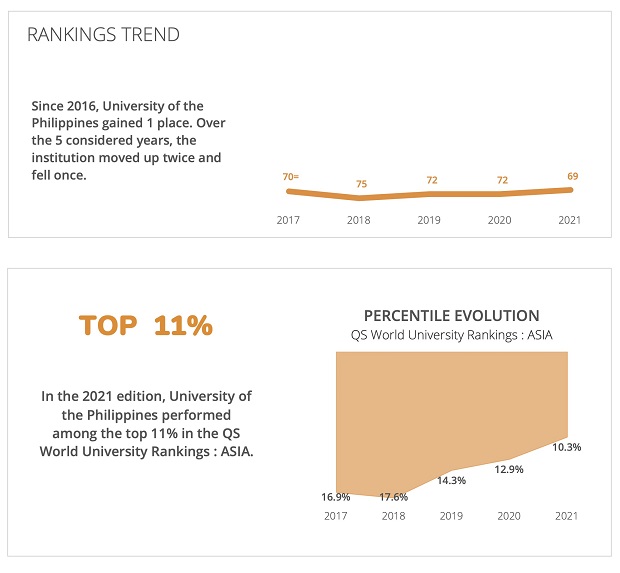
Rank 69th is the highest UP has placed in the annual rankings since its 2016 edition, within which period UP placed between 75th and 70th. Its position in the top percentile steadily rose from the top 17.6 percent in the 2018 edition, to the top 14.3 percent in the 2019, the top 12.9 percent in the 2020, and the top 10.3 percent in the last.
Similar to its World University Rankings, QS Asia University Rankings zeroed in on “published” institutions or those with at least 100 papers published within a five-year period, cited within six years from publication, all in Elsevier-based and Scopus-indexed publications.
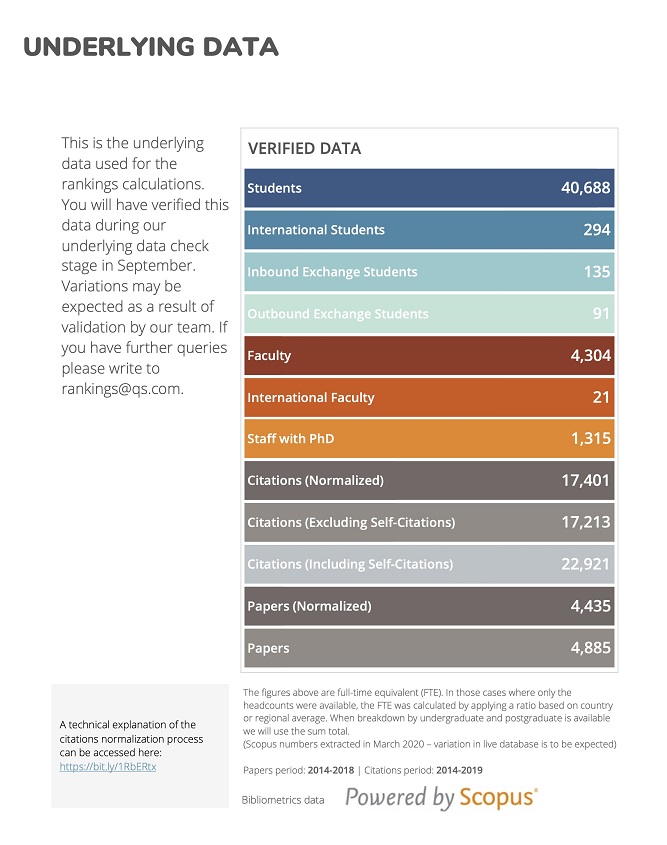
In the 2021 edition, UP published 4,885 papers for the period 2014-2018. Publications from UP were cited 22,921 times during the period 2014-2019.
QS measured these published institutions in terms of other key indicators: academic reputation, employer reputation, faculty to student ratio, and international research network. The rankings also looked at the number of staff with PhDs, papers per faculty, international faculty and students, and inbound and outbound exchange students.
Academic reputation was arrived at from 102,500 responses to a global survey of academics; employer reputation, from 52,000 responses to a similar survey of employers; and, international research network, from Scopus and Margalef indices of research collaborations.
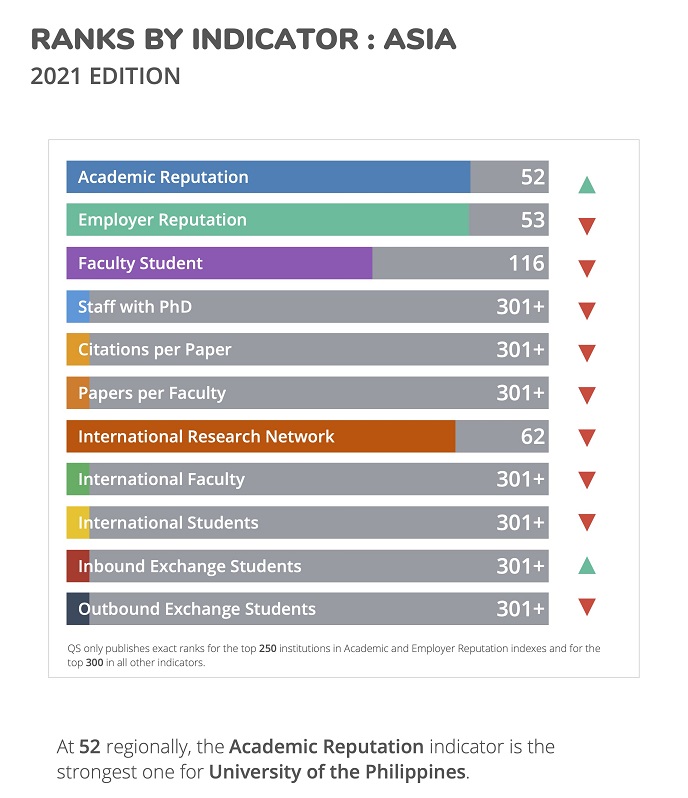
For these indicators, UP had outstanding Asian rankings. It was ranked 52nd in academic reputation; 53rd in employer reputation; and, 62nd in international research network. It ranked 116th in faculty to student ratio, and 301st and lower in the rest.
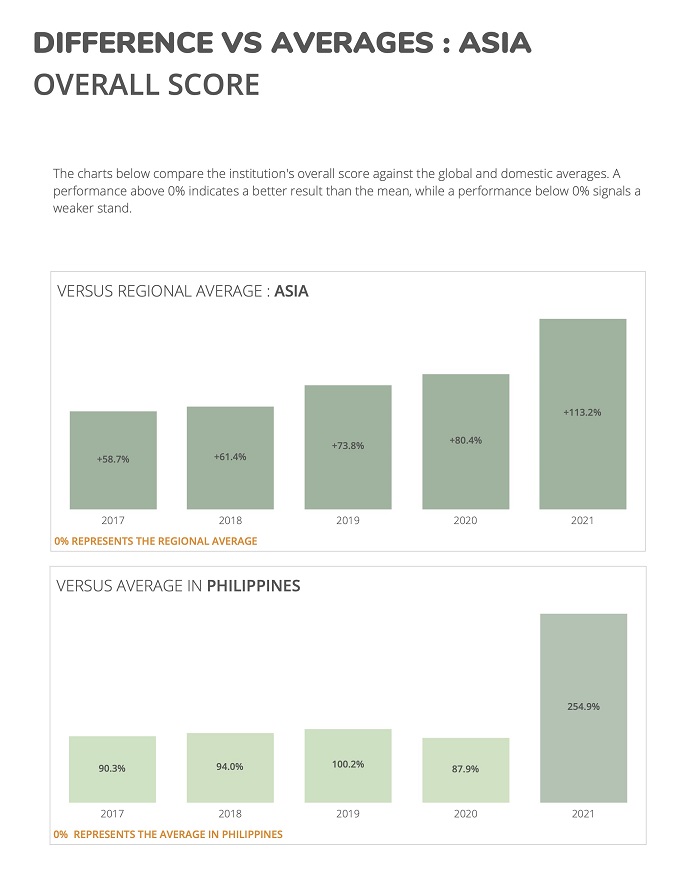
UP performed way above the average in the country and in the region. UP’s overall score in the rankings¾51.23 out of 100¾was 113.2 percent above the regional average and 254.9 percent above the Philippine average.
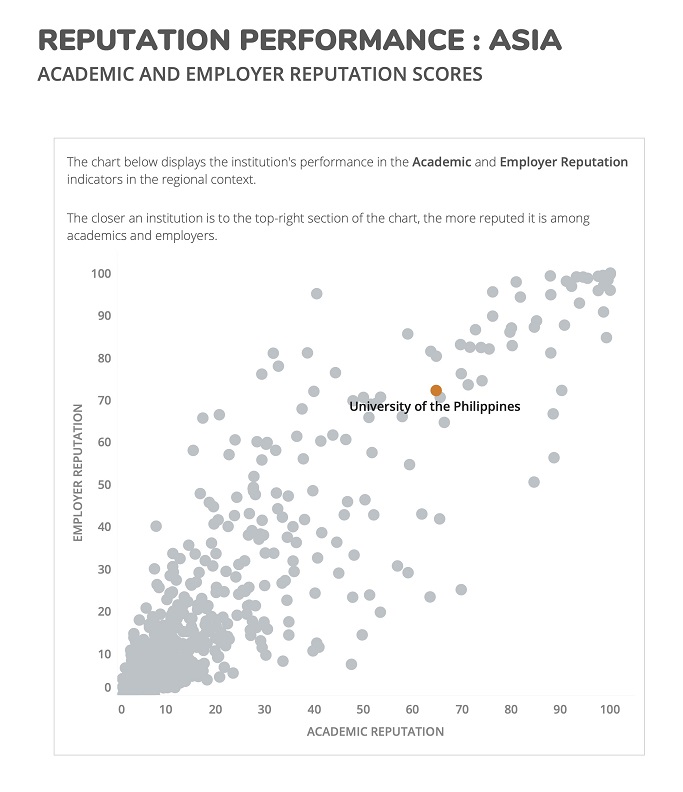
In the QS World University Rankings 2021, released in June 2020, UP achieved a ranking of 396th among the top 1,000 universities picked out from 5,500 institutions. Three other Philippine institutions were in the top 1,000: Ateneo de Manila University, which placed in the 601st-650th bracket; and De La Salle University and University of Santo Tomas, both in the 801st-1,000th bracket.
“The method [for the Asia University Rankings] retains key indicators of the global ranking. . . , but also considers a set of performance metrics carefully tailored for the region,” according to the QS Asia University Rankings 2021 fact file sent to the University.
According to its website [https://www.qs.com/], QS, with the main office in London, is a “provider of services, analytics, and insight to the global higher education sector.” Its World University Rankings portfolio, inaugurated in 2004, is a popular source of comparative data on university performance.

